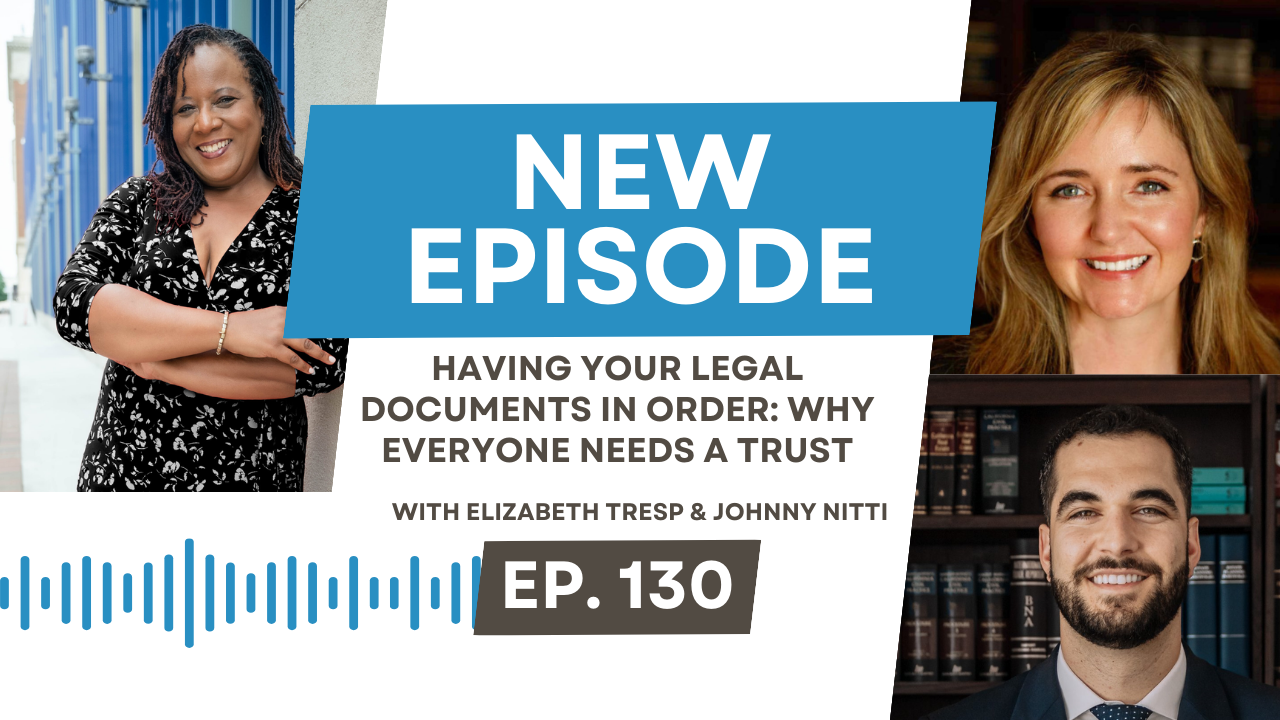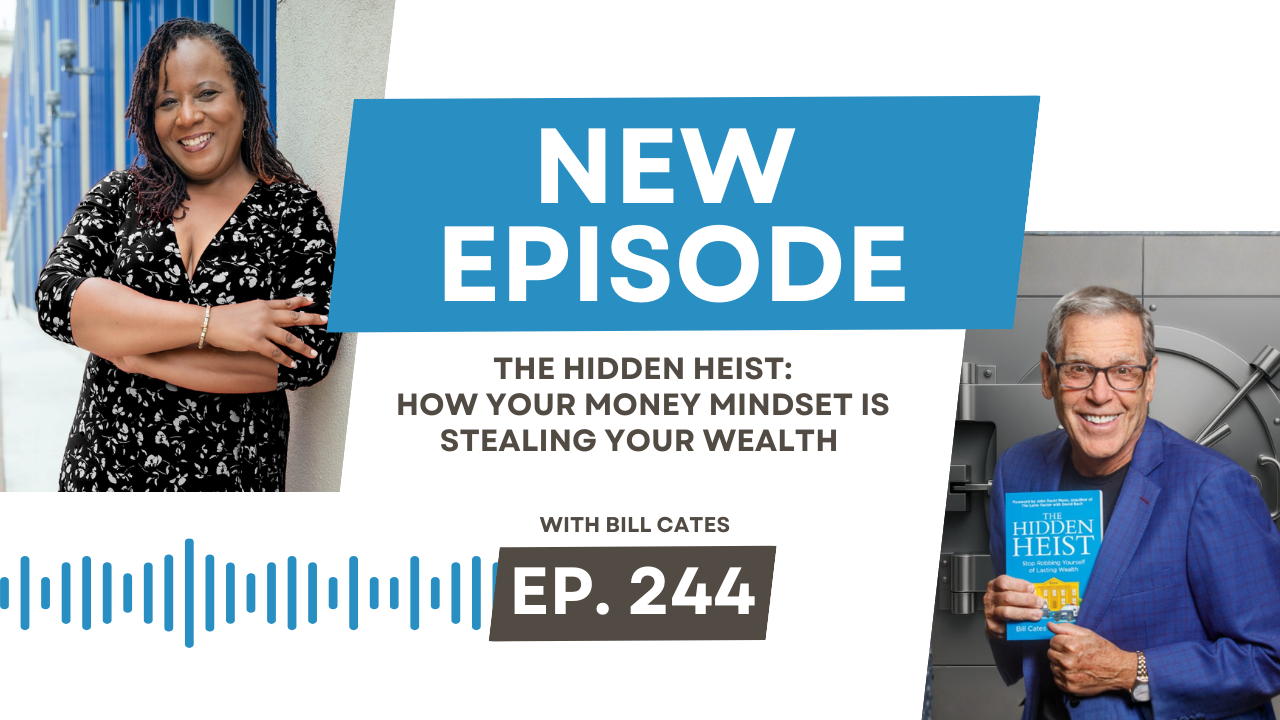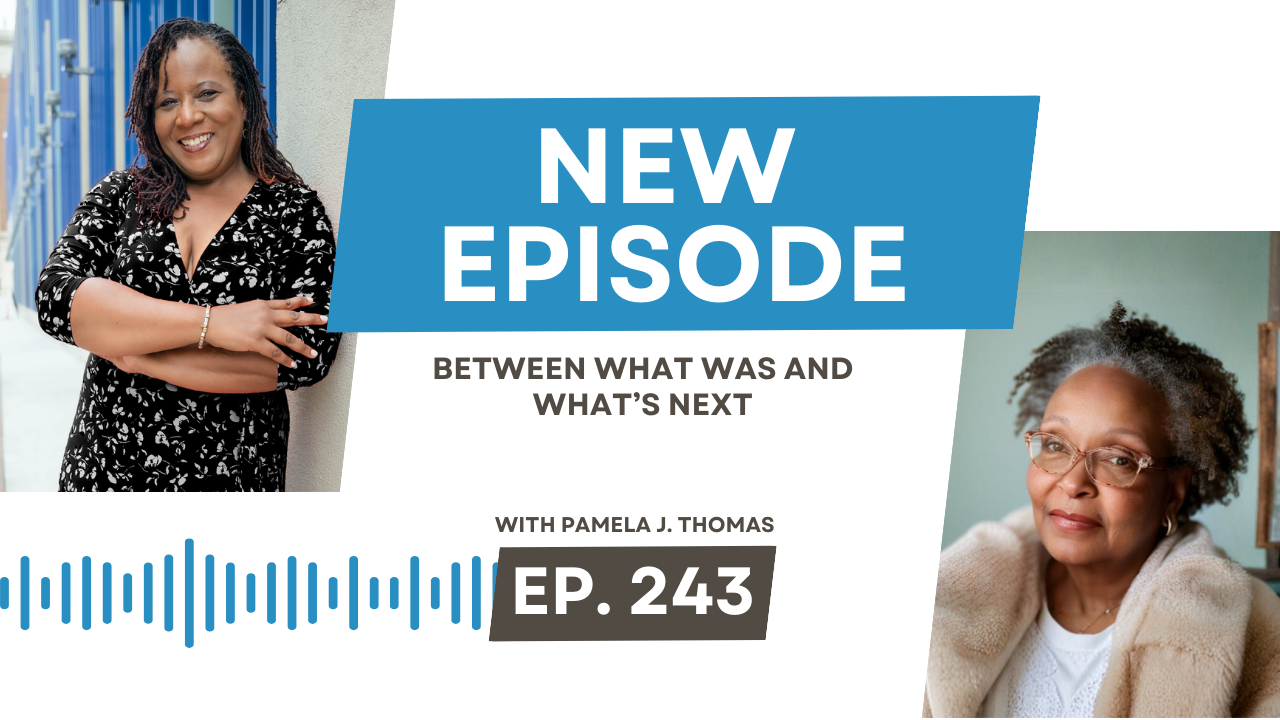What happens to your estate when you die without a will or proper trusts in place?
Aspiring entrepreneurs may think they can skip the legal hassles and costs associated with estate planning. But trust and estate lawyers Elizabeth and Johnny insist everyone needs formal legal protections – no matter what stage of wealth or property ownership. So how can trusts help you protect assets, avoid the dreaded probate court process, plan for possible incapacity, and prevent family confusion later?
Tune in as Elizabeth and Johnny expound the basics of trust and estate planning, and why getting professional help is key.
00:00 – Elizabeth and Johnny Share Their Money Stories
06:12 – Who Needs Trusts and Why
09:31 – Placing Real Property into Trust
11:19 – How Do You Determine Incapacity?
12:37 – LLCs and Trusts Working Together
19:00 – Overview of Revocable Living Trust Contents
24:25 – Helping Entrepreneurs Structure Investment Interests
29:13 – Importance of Regular Trust Reviews
31:33 – Components of a Basic Estate Plan
35:51 – Closing Segment
Connect with Elizabeth & Johnny!
Website: https://www.trespday.com/
Be the Boss of Your Own Money and Own Your Future.
Connect with us and Discover Investment Strategies Designed to make a Difference.
Website: https://moneywithmission.com
Linkedin: https://www.linkedin.com/in/moneywithmission
Quote:
“If you own property, place it in a trust to bypass costly and public probate. Keeping your affairs out of the court’s register maintains privacy and preserves control over administration.” – Elizabeth Tresp
“Trust is crucial for capacity planning. A revocable living trust not only designates someone to manage your assets in case you can’t but also outlines your wishes if you become incapacitated.” – Elizabeth Tresp
“I always advise it should at least be held in your trust, right, your revocable living trust, if not in one of your LLCs that you’re investing in.” – Johnny Nitti







